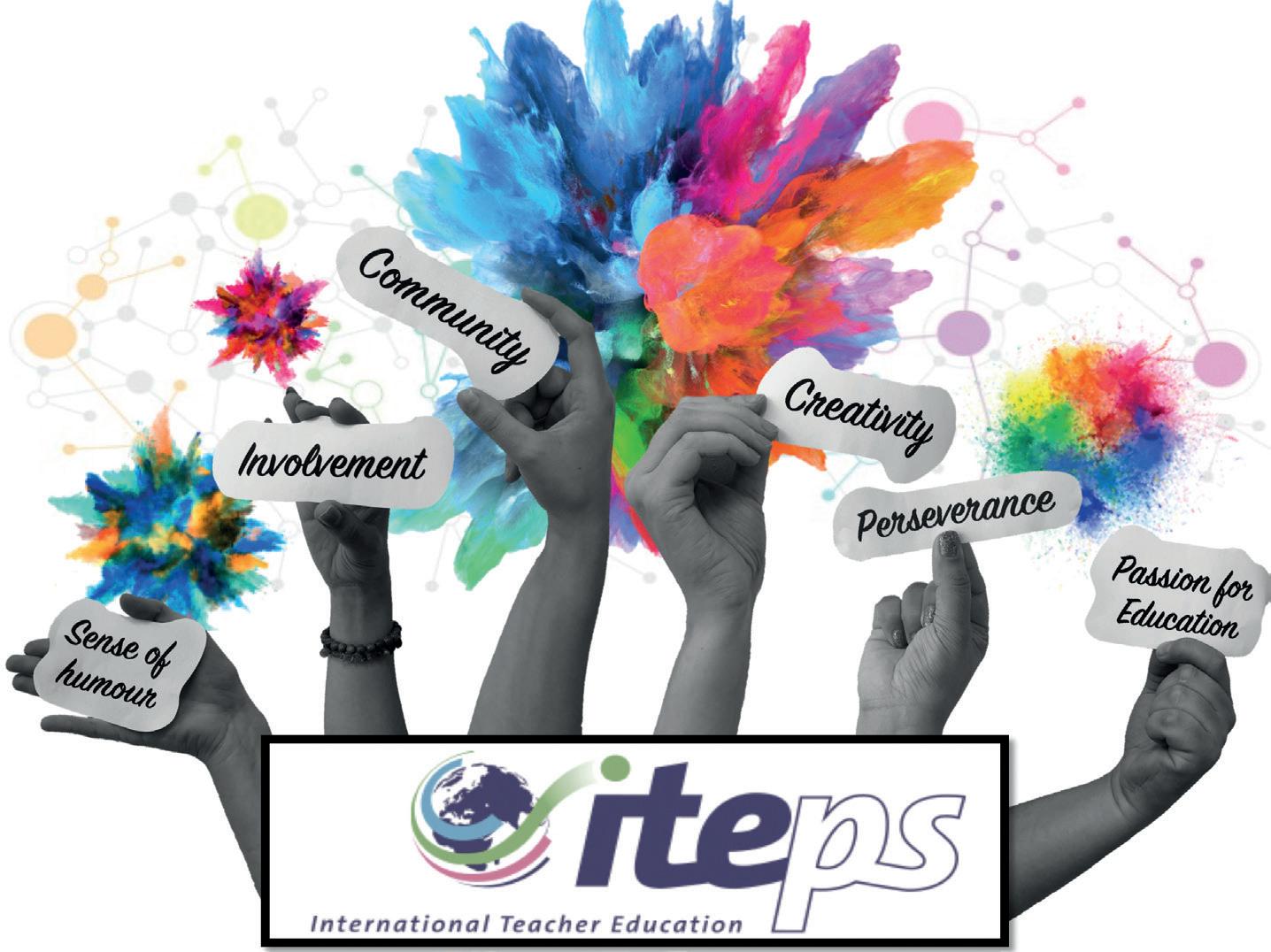Curriculum, learning and teaching
How do you measure character? Joss Williams explains why it is so important to look beyond a school’s exam results It has been my pleasure and privilege, since arriving in Amman, to meet a broad range of dedicated and expert educators: from fellow nerds (there is no higher praise in my lexicon) at the Princess Sumaya University for Technology, to those remarkable teachers with whom I work, to the leaders of some outstanding local schools. I have even taken tea with the Minister for Education himself. And we talked. All of us. We talked about inclusion, about recruiting and retaining the best teachers, and the need for excellent education for all in Jordan, and safeguarding children, and behaviour management, and what the world of tomorrow will look like and how we are going to produce the flexible, bright, morally centred workers that our wonderful country and the world need. We tired the sun with talking and sent him down the sky. And not even once did we talk about results. Instead, we talked about pupils. I do not decry the outstanding achievements of our brightest and best. Zeina and Rashid are two astonishing people, who gained 45 points in the summer in the IB Diploma, and I have no doubt that they are going to change the world – each of them – for the better. They are bright and diligent and kind; proud Jordanians to the core, and in the end that is going to be the most remarkable thing about them. But a few days ago I spent a little time with another of our recent alumni who, purely numerically, did less well. He and his family recently suffered a bereavement, and I saw in his eyes dignity, and strength, and steadfastness, and a sense of duty to his beloved grandfather whose proud name he carries, and I know just as well that this young man is going to make his mark in life. His upbringing has grounded him and given him the best chance to make the most of himself. Numbers do not matter when you have character. We measure that which is measureable, and think that this is the end of the argument, yet if we pause for a moment, we can all name people who made a slightly less straightforward path to where they are. I am one of them. We all know that top grades and world-renowned universities are just one pathway. I attended some well-regarded universities, which tells you something, I suppose, about the kind of mind I have. But I learned my values from my family and my first employer, and from my colleagues I learned what excellent teaching looks
like; I learned what sensitive and sensible pastoral care looks like and about compassionate leadership. I was taught to lift my gaze and look at the whole picture of global education. I was educated in its true sense. I read books and I talk, and the best learning I have ever done has been incidental, from those I met along the way, and free, and utterly uncountable and beyond measure. Your best teachers are those who see the best in you. The pathway for a school to the top of the results tables is pretty straightforward; miserable but straightforward: be highly selective in the first place; push out the pupils who stumble; unilaterally withdraw pupils from exams if they look slightly below par at the last minute; remove choice and select their subjects for them. Ignore the arts and sports and mentoring and enrichment, and instead just teach to the exams. It is just wrong and we all know it. The best schools put the child at the centre of the decision-making process and make sure the child does better than she would elsewhere, regardless of her background or starting point. The best schools teach well, set goals that are proximal but challenging, support pupils pastorally, encourage breadth and new experiences, let them stumble and build resilience, and they teach values and standards. In educational terms, it is called, rather flatly, valueadded. It means so much more than that term implies, but the truth is that the best schools in the world do not have the best raw results; they add the most to the character and experience and achievements of each child. Then the results take care of themselves and mean that those pupils are ready to take the next step on their journey. So when you are choosing a school, don’t look at raw results, just ask one question: ‘Will my wonderful, unique child do better here than elsewhere?’ And the answer to that, you will be delighted to know, is measurable, but more importantly, worth measuring.
The best schools put the child at the centre of the decisionmaking process.
Autumn
Spring |
| 2020
Joss Williams is Principal of Amman Baccalaureate School, Jordan. This article originally appeared in The Jordan Times on 24 September 2019, and has been reproduced with permission. Email: jdjw@abs.edu.jo
19

























